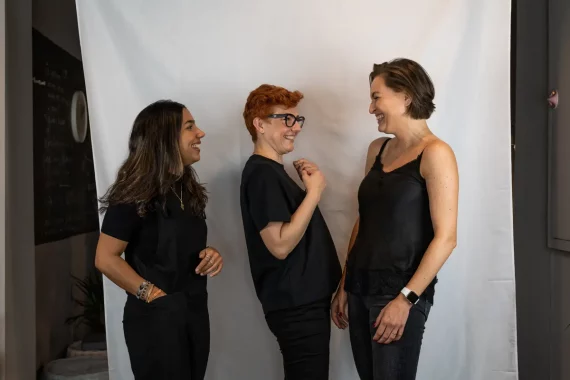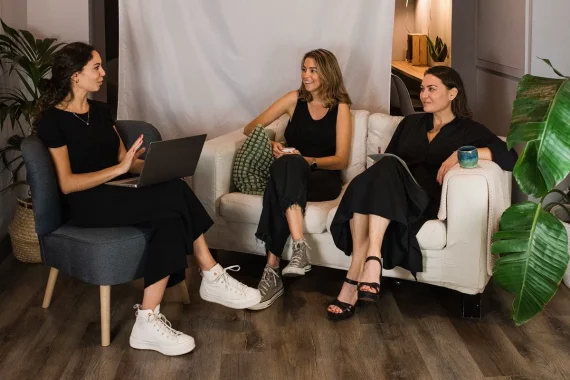
What is group therapy?
Group therapy are sessions in a group of between 5 and 10 people, led by one or two therapists, who meet regularly to treat a common problem. The therapist is the one who guides the group and the members play the role of co-therapists. Group therapy takes advantage of group dynamics to help participants mobilize some of the issues that are most difficult to bring up in individual therapy.
In group therapy, it is important to establish some set rules and goals before you start. Groups can be either open (admitting new members) or closed (where mutual commitment of members is very important).
It is useful for people who are in individual therapy to complement the treatment.
However, before joining the group, a prior assessment is necessary to decide if group therapy is an appropriate option. Moreover, individual therapy at our clinic, apart from group therapy, is, in most cases, a requirement.
Group therapy can help mobilize treatment when there is a stagnation in the process or complement the individual treatment with a different kind of dynamic.

Support groups
Our support groups are designed for people who don’t want to go through things on their own — who want to share what’s happening, listen to others in similar situations, and feel held by a community. Unlike our therapeutic groups, support groups don’t go as deep into personal material; instead, we focus on:
-
creating a safe, respectful space,
-
normalizing what you’re experiencing (“I’m not the only one”),
-
learning practical day-to-day coping tools, and
-
strengthening your support network.
They’re a good option when someone is already in individual therapy or doesn’t need a very intensive group process right now, but does need a place to talk, organize what they’re feeling, and receive emotional support.
As with all our programs, we choose the group together with you. In a brief clinical orientation session we look at your current situation and goals, and we tell you whether this format is the best fit right now or if a more in-depth therapeutic group would be better. After that session, you’ll get access to our psychoeducation material so you know how we work before joining.


